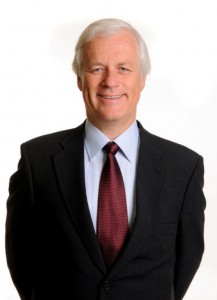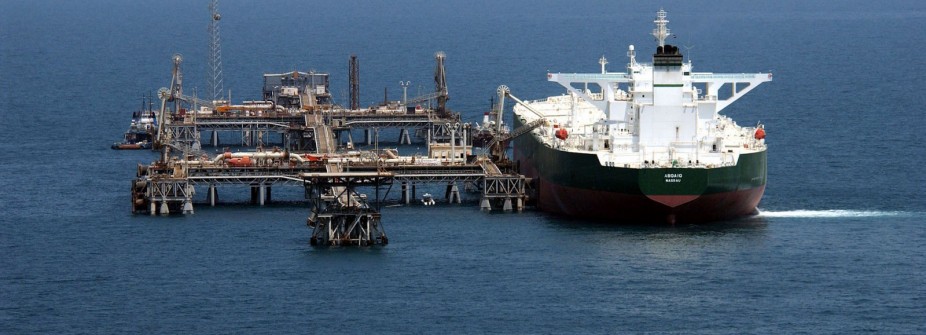Petroleum Economics: Introduction
Petroleum economics is about how oil and gas activities are driven by economic considerations, and how the values are shared. Just about anyone working with the petroleum sector needs to understand some fundamentals of its economics. The four-days course provides the essentials.
Next Courses:
Luanda, Angola, September 14 – 16, 2016 - USD 2100 per participant
Maputo, Mozambique, September 19– 21, 2016 - USD 2100 per participant
Please complete enrolment form found here
Course objective and topics
The course objective is for participants to get an overview and basic understanding of the economic dimension of the petroleum sector, with a main focus on its “upstream” part. The topics covered include the following:
- The global petroleum economy: Oil and money in the big picture;
- The resource life cycle: What it takes to produce oil and gas;
- Petroleum company financial statements: Understanding what oil companies tell about their profits and value;
- Project economic analysis: Net Present Value and other indications on whether an investment will be profitable;
- Exploration economics: How $50 million exploration wells can be justified even if likely to be dry;
- Development and production economics: How to determine if a development project is economically sound;
- The legal basis for petroleum activities: Rights and obligations for exploiting petroleum resources;
- Petroleum fiscal systems: How the value of oil and gas is shared between firms and the Government;
- Impacts of petroleum on the national economy: How oil may, or may not, create affluence in a society.
The course consists of lectures and group practices to stimulate the learning process..
Who should attend
The course is intended to benefit anyone who is or will be professionally engaged with the petroleum sector in a commercial or regulatory capacity. It is suited for professionals of any discipline, preferably with an academic degree. The course is also suitable for professionals with a background in accounting etc. who have worked with the petroleum sector for some time and wish to broaden their understanding of petroleum economics.
Participants must be able to understand and speak English, unless simultaneous translation has been agreed.
Please complete enrolment form found here
Delivery and cost
The duration is three full days. When scheduled by Petrad the fee varies from location to location. See specific cost in our schedule. The fee covers tuition, lunch and refreshments during the course days. Participants’ accommodation, other meals and any travel costs are not included. The course can also be provided at an agreed fixed cost in any location. The course is given by agreement with a hosting institution, in that institution’s country of residence or another suitable location. Admission is then reserved for participants nominated by the hosting institution.
If simultaneous translation from English to local language is desired, this must be agreed beforehand between Petrad and the host institution. The course can be held for 12 to 35 participants.
Contact
If your institution is interested in having the course, please contact us to discuss possibilities
at training@petrad.no.
Further courses on petroleum economics
Petrad has plans for developing additional courses in the area of petroleum economics. Such courses can provide deeper coverage of the topics listed above, and also cover futher topics including the following:
- Probability distribution and decision analysis under uncertainty;
- Project planning and cost estimation;
- Use of spreadsheets for economic analysis;
- Procurement and national content;
- Oil marketing and valuation;
- Natural gas marketing and valuation;
- Economic management of multi-party use of infrastructure;
- Cost and valuation control for petroleum agreements and taxation;
- Managing national revenues from petroleum
At this time we do not yet have a standard design for such additional courses, but we can compose courses to suit the requirements of a client institution. Please contact us if your institution has an interest in this.
Lecturer

Erik Jarlsby
Erik Jarlsby has worked with financial controls, business development, commercial negotiations and trading in oil firms Mobil, Statoil and petrochemical firm Borealis. He has extensive international experience as a consultant on energy, economics and strategy, and is a regular lecturer for Petrad. Erik as a Ph.D on hydrocarbon markets from the university of Twente, Netherlands.

